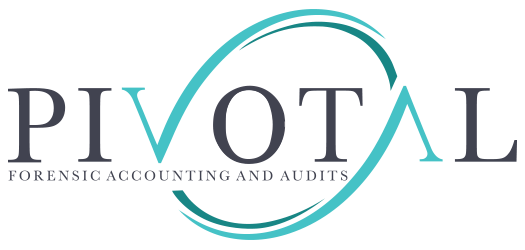How to Get Organized for Tax Time: A Guide for Clients
Tax time can be overwhelming, but with a little planning and organization, the process becomes much more manageable. Whether you file your taxes yourself or work with a professional, being well-prepared helps ensure everything goes smoothly. Here’s how you can get organized before tax season:
1. Start Early
Waiting until the last minute can lead to stress and mistakes. Begin organizing your tax-related documents as early as possible. This gives you time to gather any missing information and reduces the pressure as the deadline approaches. By starting early, you’ll avoid the rush and be better prepared.
2. Know What Documents You’ll Need
Create a checklist of the documents you’ll need for filing your taxes. While every taxpayer’s situation is different, here are some common documents:
– Income Statements: W-2s for salaried workers, 1099 forms for freelancers or contract workers, and any other income statements like Social Security benefits, retirement distributions, or dividends.
– Deduction Records: Keep track of charitable donations, mortgage interest, medical expenses, and education costs. These may qualify you for deductions.
– Investment Information: If you’ve sold stocks or other assets, you’ll need details of your transactions, including cost basis and sale prices.
– Business Records (if applicable): If you’re self-employed, gather receipts for business-related expenses, mileage logs, and any records of income and expenses.
3. Organize Your Paperwork
Once you’ve gathered all your documents, organize them by category. Create separate folders for income statements, deductions, investments, and any other relevant documents. This system will save time for both you and your accountant when it’s time to file.
If you have digital documents, consider creating digital folders or using tax preparation software to upload and categorize them. Keeping both digital and physical copies of important documents can be helpful in case one form is misplaced.
4. Track Your Expenses Throughout the Year
If you’re self-employed or qualify for itemized deductions, it’s important to track your expenses throughout the year. Regularly update a spreadsheet or use accounting software to log deductible expenses like medical bills, home office expenses, or travel costs. This habit will save you from scrambling to locate receipts and missing out on deductions.
5. Know Your Deadlines
In the U.S., tax returns are typically due by April 15th. However, you may need to consider other important deadlines, such as the deadline for filing for an extension, which gives you extra time to file your return (but not to pay any taxes owed). If you are self-employed or own a business, quarterly estimated tax payments might also apply to you, so make sure to mark these on your calendar.
6. Consider Working with a Tax Professional
If your taxes are complex, or if you feel unsure about preparing them yourself, working with a tax professional can be a huge help. Accountants can ensure you’re taking advantage of all the deductions and credits available to you, and they can help prevent mistakes that could lead to penalties. If you choose this route, reach out to a tax professional early to ensure they have the time to assist you.
7. Review Last Year’s Tax Return
Last year’s tax return can be a helpful reference point for this year’s filing. It may remind you of deductions or credits you qualify for, and it can help you compare your income and tax liability from one year to the next. Keep a copy of your prior-year return handy when gathering your current documents.
8. Make Copies of Everything
Before you file your taxes, make copies of all your documents. If you’re sending documents to an accountant or tax preparer, keeping backups will ensure you have all the information in case anything gets lost. Having a complete record of your tax return and supporting documents can also be useful if the IRS ever requests additional information.
9. Use Technology to Your Advantage
Tax preparation software and apps can make the organization process easier. Many tools allow you to upload digital copies of your documents, automatically categorize your expenses.
10. Stay Calm and Ask Questions
If you feel overwhelmed or unsure about certain aspects of your taxes, don’t hesitate to ask for help. Reach out to your accountant or tax preparer with any questions you have. The more organized and informed you are, the easier the process will be for everyone involved.
—
By following these tips, you’ll be well-prepared for tax season and help ensure that your filing is accurate and stress-free. Staying organized throughout the year and getting an early start will not only save you time but may also result in fewer headaches come April.


